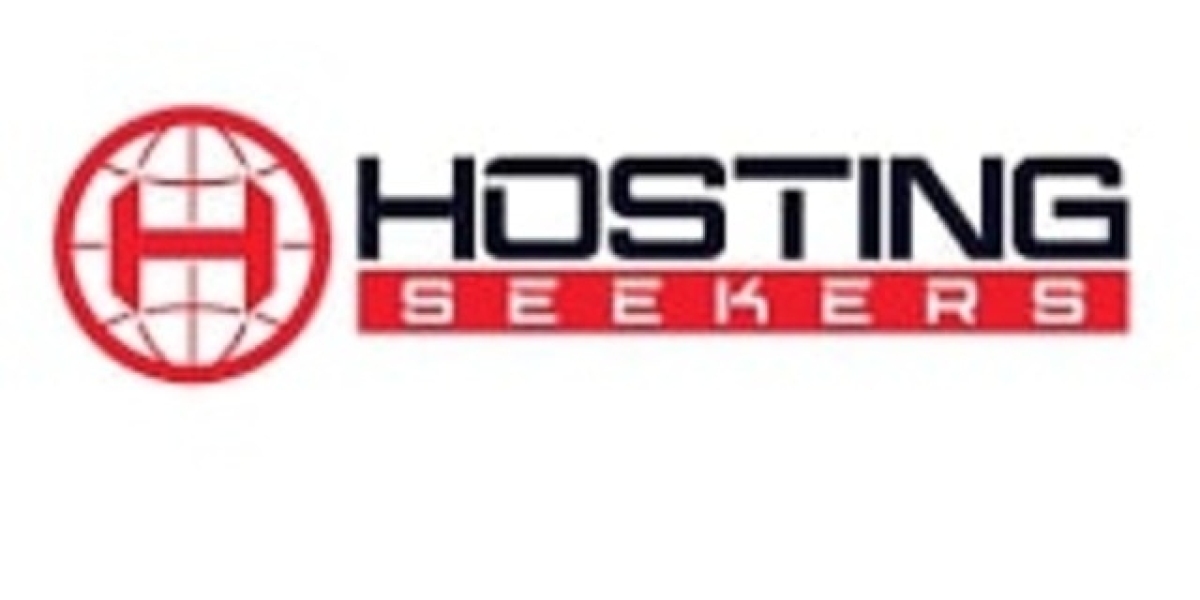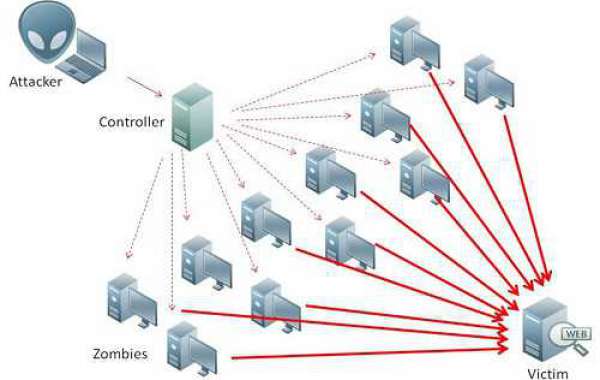Securing a website on a shared hosting plan can be challenging due to the nature of shared resources, but it’s essential to protect your site and data.
Here are practical steps to enhance your website's security on a shared hosting plan:
1. Use Strong Passwords and Two-Factor Authentication (2FA)
Importance:
Protects your accounts from unauthorized access.
Actions:
Create strong, unique passwords for your hosting account, admin panel, database, and email accounts.
Enable 2FA for your hosting control panel, CMS (e.g., WordPress), and other critical accounts.
2. Keep Software Up-to-Date
Importance:
Ensures vulnerabilities in your CMS, plugins, and themes are patched.
Actions:
Regularly update your CMS, plugins, themes, and any other software you use.
Enable automatic updates if available, especially for security patches.
3. Use SSL Certificates
Importance:
Encrypts data between the server and the client, ensuring secure transmission. Find the Top Rated Server Management Companies of 2024 at HostingSeekers
Actions:
Obtain and install an SSL certificate for your website. Many hosts offer free SSL certificates via Let's Encrypt.
Ensure your site is accessible via HTTPS and configure HTTP to HTTPS redirection.
4. Regular Backups
Importance:
Protects your data in case of a security breach or other issues.
Actions:
Schedule regular backups of your website files and databases.
Store backups off-site or in a secure cloud storage.
5. Harden File and Directory Permissions
Importance:
Prevents unauthorized access and modification of files.
Actions:
Set correct file permissions, typically 644 for files and 755 for directories.
Limit write permissions to critical files like wp-config.php in WordPress.
6. Secure Your CMS
Importance:
Reduces the attack surface of your content management system.
Actions:
Use security plugins (e.g., Wordfence or Sucuri for WordPress).
Disable file editing from the CMS admin panel.
Change default CMS settings like the admin URL and username.
7. Database Security
Importance:
Protects your website’s data from unauthorized access.
Actions:
Use strong, unique passwords for database users. Discover the Best Plesk Hosting Providers of 2024: Read Reviews
Limit database user permissions to only what’s necessary.
Change the default database table prefix (e.g., from wp_ to something unique).
8. Monitor and Scan for Malware
Importance:
Detects and removes malware or other malicious activities.
Actions:
Use malware scanning tools provided by your hosting provider or third-party services.
Set up monitoring for unusual activities or changes in your website files.
9. Implement a Web Application Firewall (WAF)
Importance:
Protects your site from common web threats like SQL injection, XSS, and DDoS attacks.
Actions:
Use a WAF service like Cloudflare or Sucuri.
Configure the WAF to suit your website’s needs and monitor its performance.
10. Regularly Review Logs
Importance:
Helps identify and respond to security incidents.
Actions:
Regularly review server and website logs for unusual activity.
Set up alerts for specific events or patterns that indicate potential security issues.
11. Secure Communication with Your Host
Importance:
Ensures sensitive information exchanged with your hosting provider is protected.
Actions:
Use secure methods (e.g., encrypted emails or support tickets) when communicating sensitive information with your hosting provider.
Verify any changes requested by the hosting provider to ensure legitimacy.
12. Limit User Access
Importance:
Reduces the risk of internal threats or accidental changes.
Actions:
Only give access to necessary users and limit their permissions. Discover genuine indifferent broccoli reviews 2024 from real customers.
Use role-based access control (RBAC) to define what each user can do on your site.
13. Disable Unnecessary Features and Services
Importance:
Reduces potential entry points for attackers.
Actions:
Disable any CMS features or plugins that are not in use.
Turn off services and ports on your hosting account that are not needed.
Conclusion
While shared hosting has inherent limitations regarding security, taking these proactive measures can significantly enhance your website's security posture. Regular maintenance, vigilance, and utilizing available security tools are key to protecting your website and data on a shared hosting plan.









